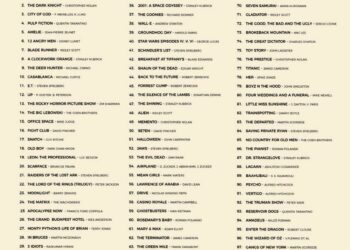Select Language:
Ahsan Iqbal, Pakistan’s Minister of Planning, Development, and Special Initiatives, announced that the nation’s space agency, Suparco, aims to launch a lunar mission by 2035, marking a major step in Pakistan’s space exploration efforts. The statement was made during a high-level meeting in Beijing with Shan Zhongde, Chair of China’s Atomic Energy Authority and Space Agency. The focus of the meeting was on strengthening cooperation in space and nuclear energy to support Pakistan’s growth objectives.
Iqbal highlighted that the “Uraan Pakistan” initiative has brought new energy to space sciences under Prime Minister Shehbaz Sharif’s leadership. Pakistan recently launched three satellites in partnership with China and plans to send its first astronaut to the Chinese space station by 2026.
He emphasized the urgency of embracing alternative energy solutions to combat climate change impacts on food, water, and health security. Furthermore, Iqbal called for deeper collaboration with China in peaceful nuclear technology and cutting-edge fields like quantum computing, citing the K-2, K-3, and C-5 nuclear power plants as examples of successful strategic cooperation.
Pakistan has also established a Quantum Computing Center and is working to align its tech sectors with economic development goals. He urged expanding educational exchanges for Pakistani scientists through Chinese programs.
The minister recognized the China-Pakistan Economic Corridor (CPEC) as a crucial factor in resolving infrastructure and energy challenges in Pakistan.
Shan Zhongde expressed appreciation for Pakistan’s progress under CPEC and reaffirmed China’s full support for Pakistan’s space and nuclear ambitions. He affirmed China’s commitment to further strengthening the strategic partnership between the two nations.







